Past Grantee Highlights
Programs we’ve supported, benefitting elementary through college-age students, inspire innovation, improve health outcomes, help reinforce STEAM skills, enliven history lessons, increase civic participation, and prepare students for college.
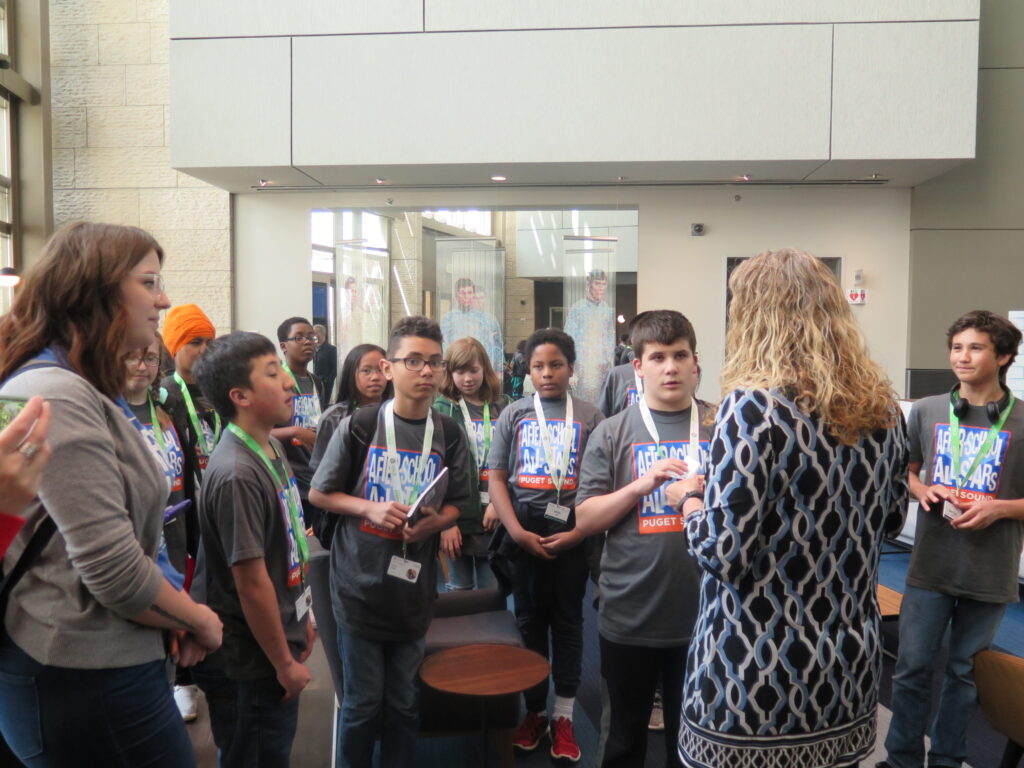
After-School All-Stars
After-School All-Stars (ASAS) provides students with educational opportunities outside of school. The ESA Foundation supported the ASAS video game design curriculum “Minecraft: Education Edition” and 9 Dots, a computer-science-education nonprofit which serves more than 500 students in nine cities. Thanks to the Foundation’s support, the curriculum includes a science, technology, engineering, arts, and math (STEAM) career exploration events in partnership with Verizon.

Becker College
Becker College recently launched its ForEach Academy STEAM Community Outreach Program, which introduces underprivileged 7th and 8th-grade girls to game design and programming and provides hands-on work with augmented reality, virtual reality, design, modeling, and electronics. Support from the ESA Foundation helped expand the program to ensure that more middle-school girls have access to science, technology, engineering, arts, and math (STEAM) education, ultimately building the pipeline of future video game makers.
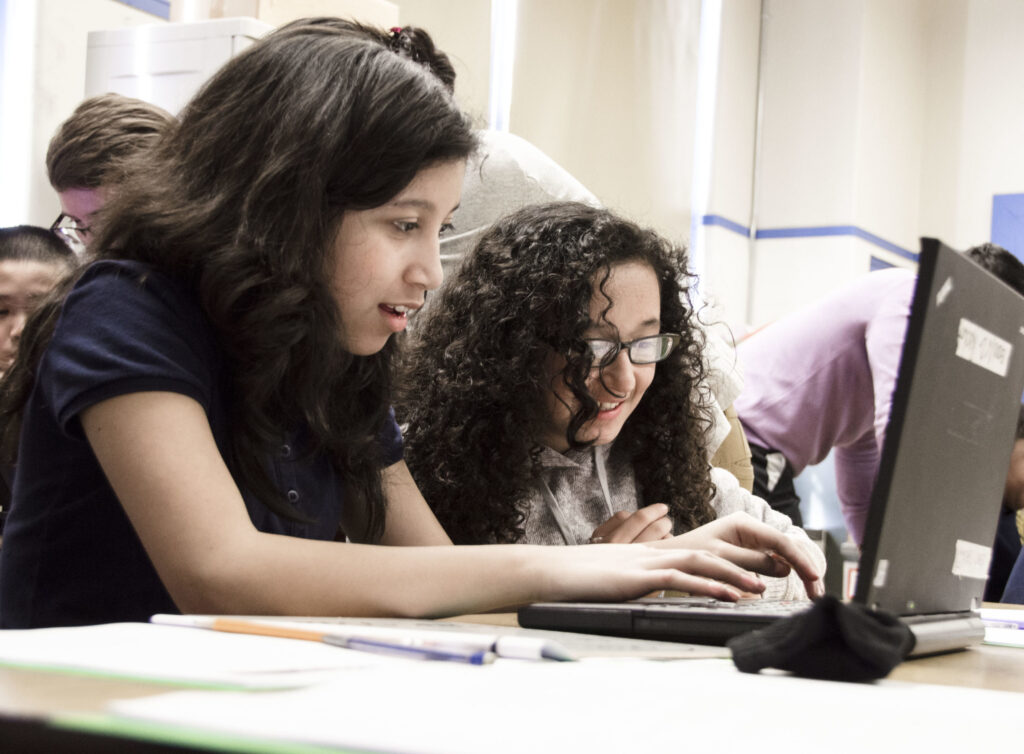
Brown University’s Bootstrap
Brown University’s Bootstrap engages more than 25,000 economically disadvantaged students by integrating computing and algebra education in ways that address persistent challenges for learners in both disciplines. With help from the ESA Foundation, Bootstrap expanded its integrated development environment for disabled students in new and innovative ways. In particular, the program served Native students in New Mexico, where teachers were excited to add game-programming software to their algebra curriculum.
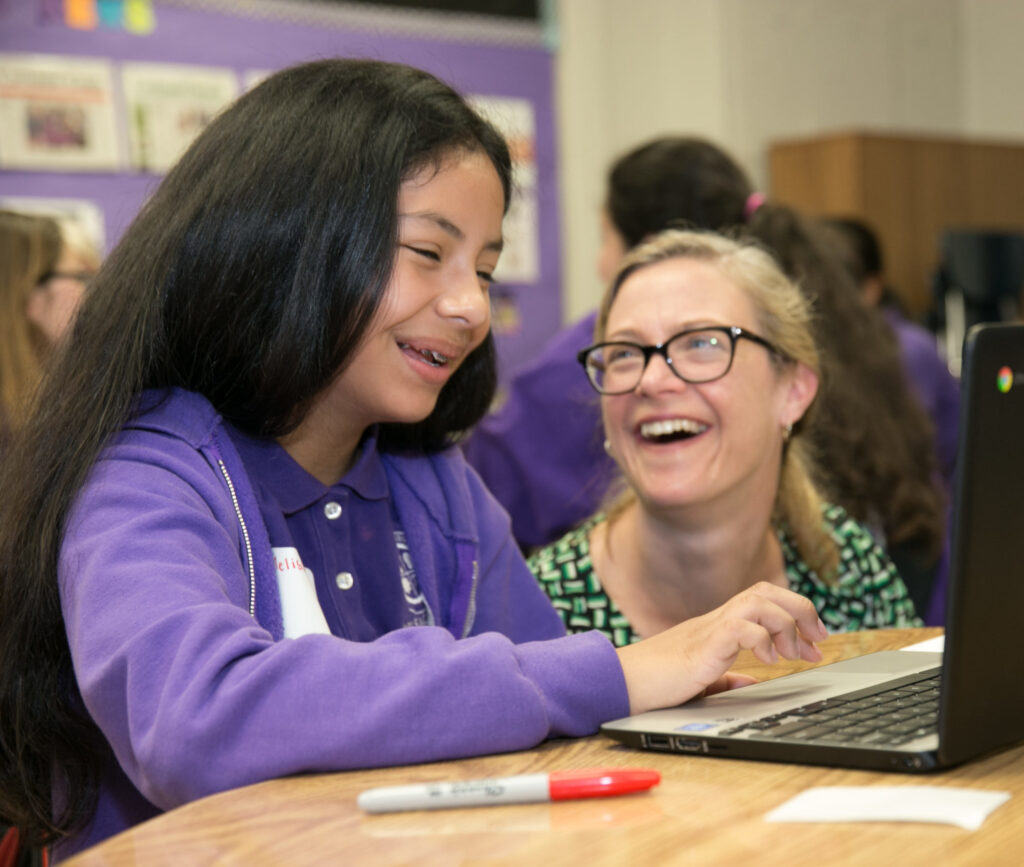
EverFi
EverFi leverages technology to teach K-12 students critical life skills. With the ESA Foundation’s support, it launched the Ignition™ – Digital Literacy and Responsibility initiative in Los Angeles, Austin, Texas, and New York City. Ignition™ is a web-based learning platform that educates students about responsible digital citizenship and offers career exploration in video games and other STEAM fields.
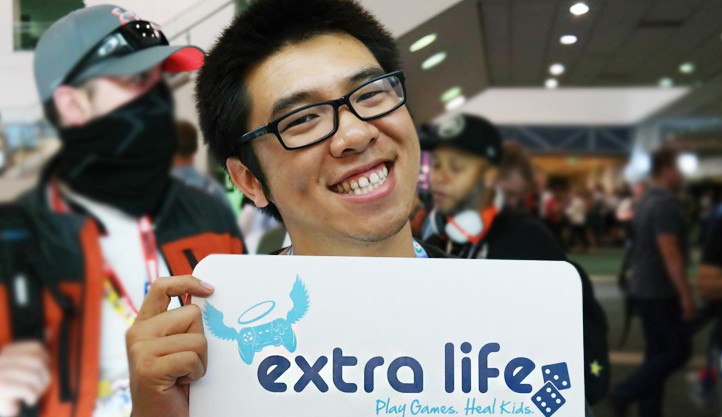
Extra Life
Extra Life is a 24-hour, video game marathon-fundraiser that’s garnered more than $40 million for medical research and treatment at Children’s Miracle Network Hospitals (CMNH) across North America since its inception in 2008. As an ESA Foundation grantee, Extra Life used its funding to develop mobile and social-fundraising apps, enabling participants to fundraise “on the go” and giving CMNH the ability to provide suggested messaging for social platforms.
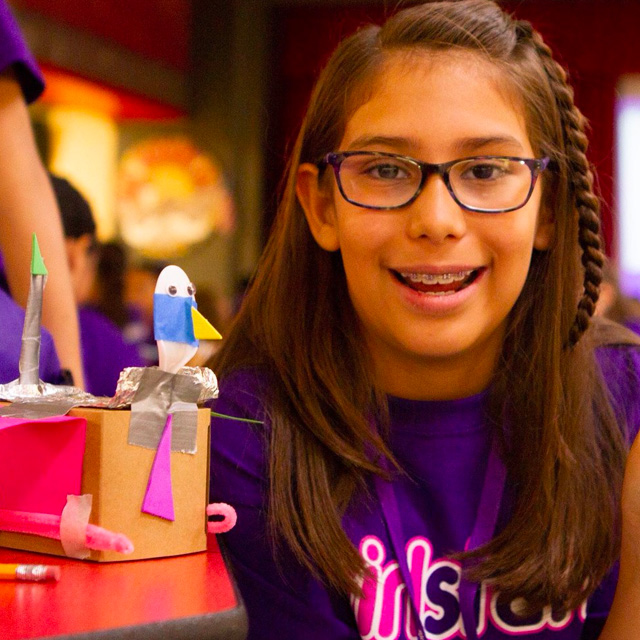
Girlstart
Girlstart promotes young women’s early engagement and academic success in science, technology, engineering and math (STEM). It aims to help resolve the gender gap in today’s STEM workforce by serving almost 30,000 girls nationwide. With the ESA Foundation’s support, Girlstart was able to increase the number of its free summer camps encouraging girls to participate in STEM activities, with a particular focus on computer science and video game design.
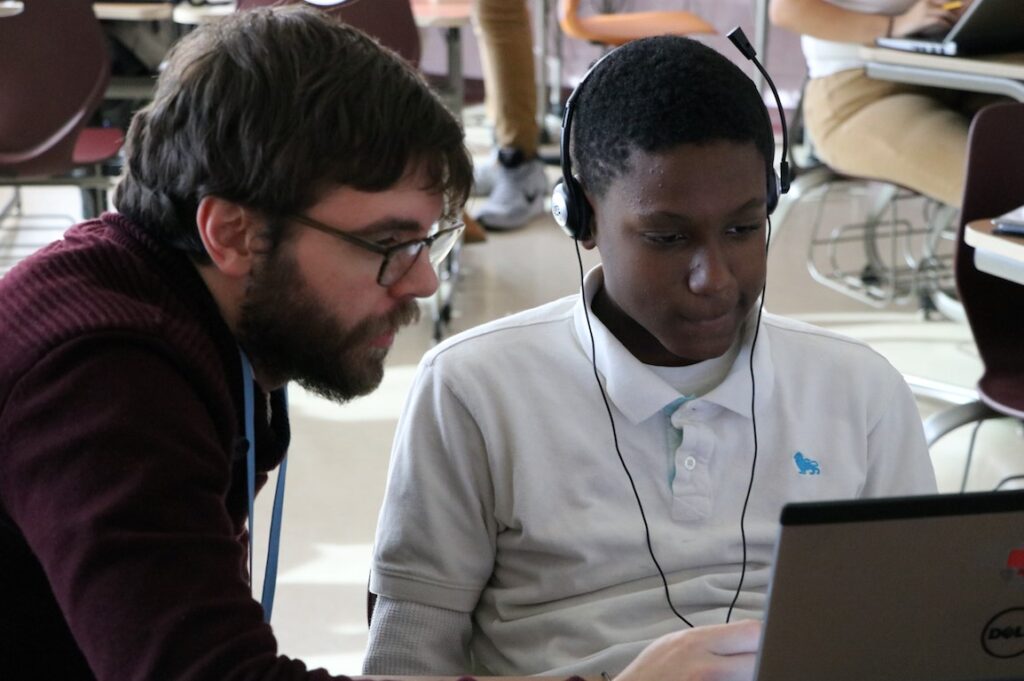
Global Game Jam
Global Game Jam supports the next generation of game developers by hosting the world’s largest annual game jam. The ESA Foundation supported Global Game Jam’s youth program GGJNext, a comprehensive week-long curriculum that culminates in a youth game jam in which students showcase the games they spent a week learning about and creating. ESA Foundation funding ensured that the program remained completely free and open to all students who wished to learn more about the development of video games.
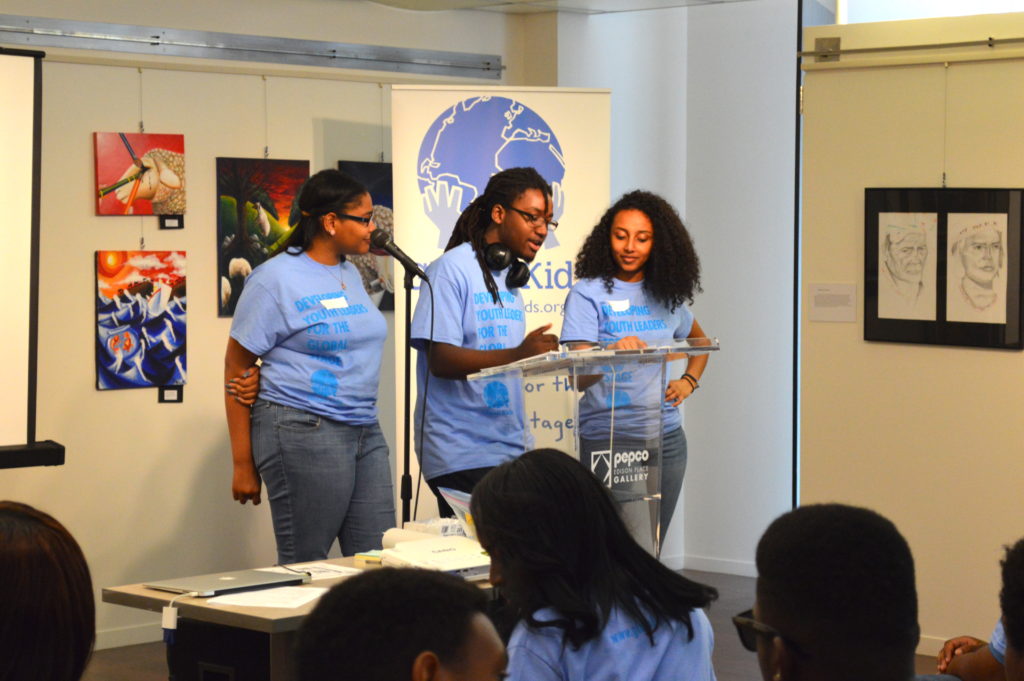
Global Kids, Inc.
Global Kids, Inc. programs help young people indulge their curiosity about developing video games that positively impact communities by giving them access to engaging environments and open-source tech tools. The ESA Foundation supported the expansion of the nonprofit’s game-design program, Haunts. The funding enabled Global Kids to expand the STEM-based learning program to Houston, New York City, and Washington, D.C., giving those cities’ students the opportunity to create educational, geo-locative, alternative-reality games.
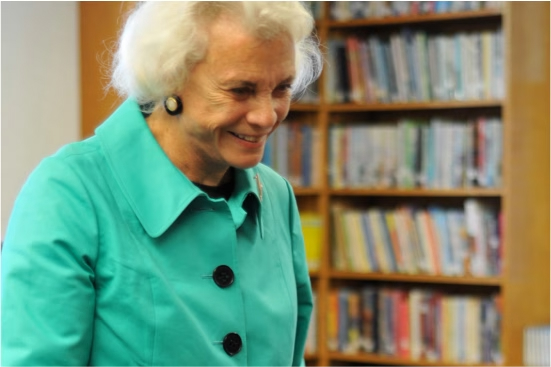
iCivics
iCivics, founded by former Supreme Court Justice Sandra Day O’Connor, reinvigorates civics learning through interactive games and resources for middle school students across the country. Among the ways in which the ESA Foundation has supported the grantee is by funding the creation of a Spanish version and corresponding teacher curriculum of iCivics’ most popular video game, Do I Have A Right?, which has been played more than 45 million times. The project granted English-language learners the opportunity to learn more about their rights and partake in civic life.
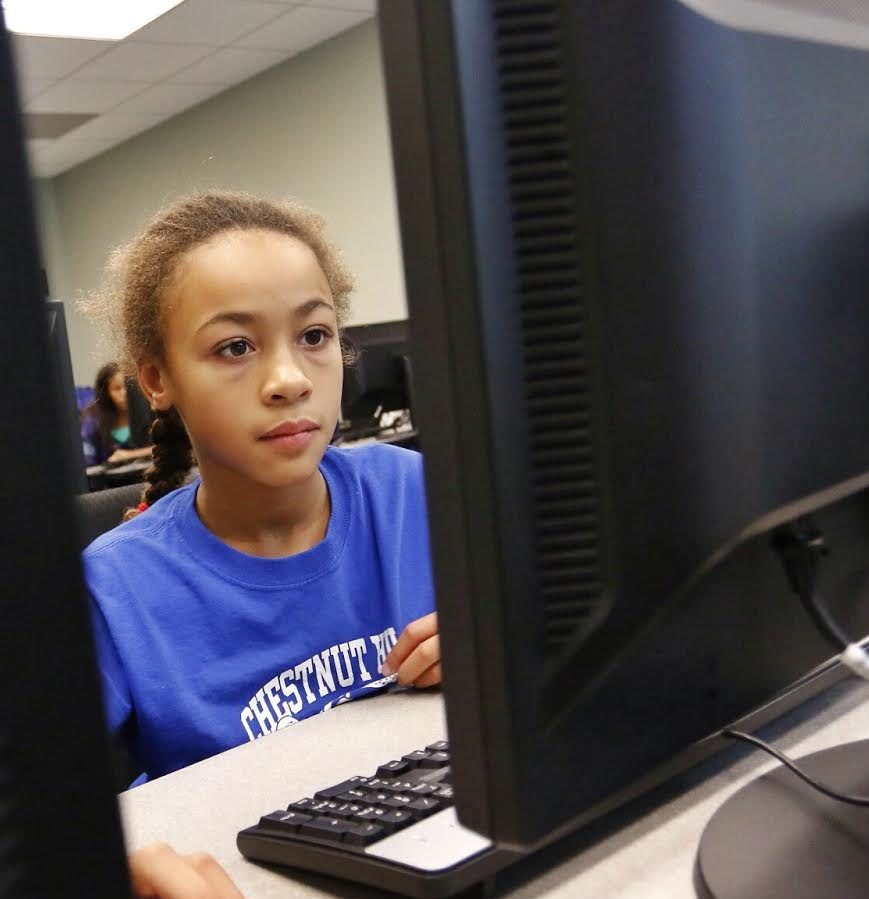
Inspire USA Foundation
Inspire USA’s mission is to help millions of young people lead happier lives. The core of its work is the design and delivery of innovative, technology-based services that promote mental health and prevent suicide. ESA Foundation support enabled Inspire USA to create a Facebook application to raise awareness of the mental health impact of cyberbullying and bring attention to ReachOut.com, a cyberbullying resource for teens. The application was developed through a national competition for young programmers to design and build it.

National Center for Missing & Exploited Children
Since 1984, the National Center for Missing & Exploited Children (NMEC) has served as the nation’s clearinghouse on issues related to missing and sexually exploited children. Thanks, in part, to its many efforts, the recovery rate of missing children has gone from 62 percent in 1990 to more than 97 percent today. The ESA Foundation supported NCMEC’s development of NetSmartz Kids Club UYN, a monthly online feature that promotes internet safety with animated media, interactive activities, and more. The partnership continues with the development of resources around anti-bullying and the promotion of safe digital experiences for children.

Smithsonian American Art Museum
The Smithsonian American Art Museum (SAAM) is dedicated to displaying and promoting the art and artists of the United States. The ESA Foundation has supported SAAM’s annual Indie Arcade, a free public program featuring video game-related exhibits, programming, and workshops every summer. The event welcomes more than 20,000 visitors from the nation’s capital, Maryland, Virginia, and other states.
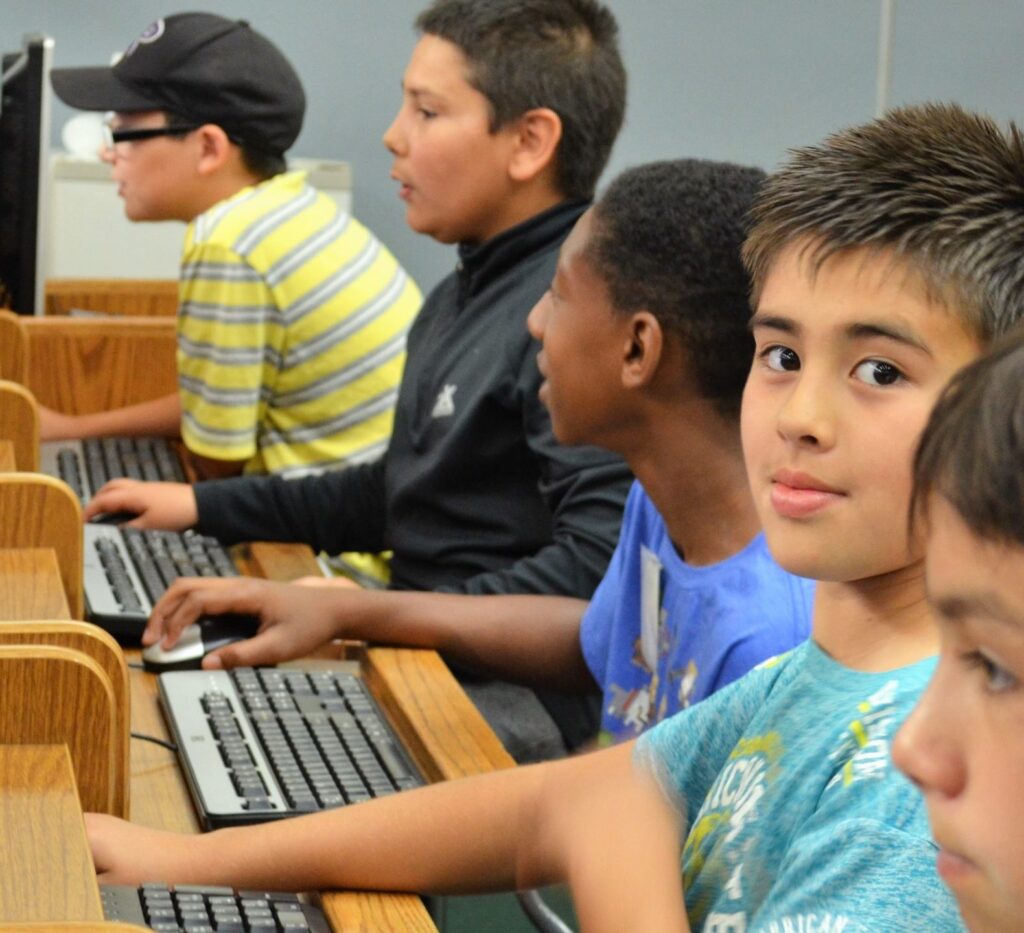
Scholastic’s Alliance for Young Artists & Writers Inc
Scholastic’s Alliance for Young Artists & Writers Inc. empowers creative teenagers in continuously changing artistic fields, including video game design. Thanks to support from the ESA Foundation, the alliance has developed and expanded the reach of its video game workshops to teens in 7th through 12th grade. The workshops introduce students to video game design platforms and teach them successful game structures and storytelling.
Past Grantees
Education

Case Western Reserve University
Attaching Video Games to STEM
Case Western Reserve University (CWRU), a nationally ranked research university located in Cleveland, Ohio, improves lives through preeminent research, education and creative endeavors. The ESA Foundation awarded a grant supporting the Great Lakes Game Project Challenge through a partnership between the Electrical Engineering and Computer Science departments and the Great Lakes Energy Institute at Case. The challenge involved high school students in the four states surrounding Lake Erie: Michigan, Ohio, Pennsylvania and New York. Students competed to create video games focused on wind energy and sustainable energy generation.

Parents’ Choice Foundation
Family-Friendly Digital Awareness
Parents’ Choice Foundation, a nonprofit evaluator of children’s media and toys, provides parents with a trusted, independent resource for recommending toys, games and media for children and families of all backgrounds. It received funding from the ESA Foundation to develop the methodology and inter-rater reliability for the Ability Index program for digital games. The nationwide initiative expanded the scope of the organization’s more than three decades of work to include identifying products’ therapeutic benefits for children and youth with special needs.

TGR Foundation Learning Labs, a Tiger Woods Charity
The Valuable Lessons of Video Game Design
The TGR Learning Labs delivers unique experiences and innovative educational opportunities to youth worldwide. Since 2006, it has benefited more than 165,000 students through programs emphasizing STEM learning, college prep, career exploration and community service. An ESA Foundation grant supported the Lab’s computer and engineering programs delivered at campuses across the country. Hundreds of disadvantaged students learned about video game design and object-oriented programming while exploring careers related to the video game industry.
Community
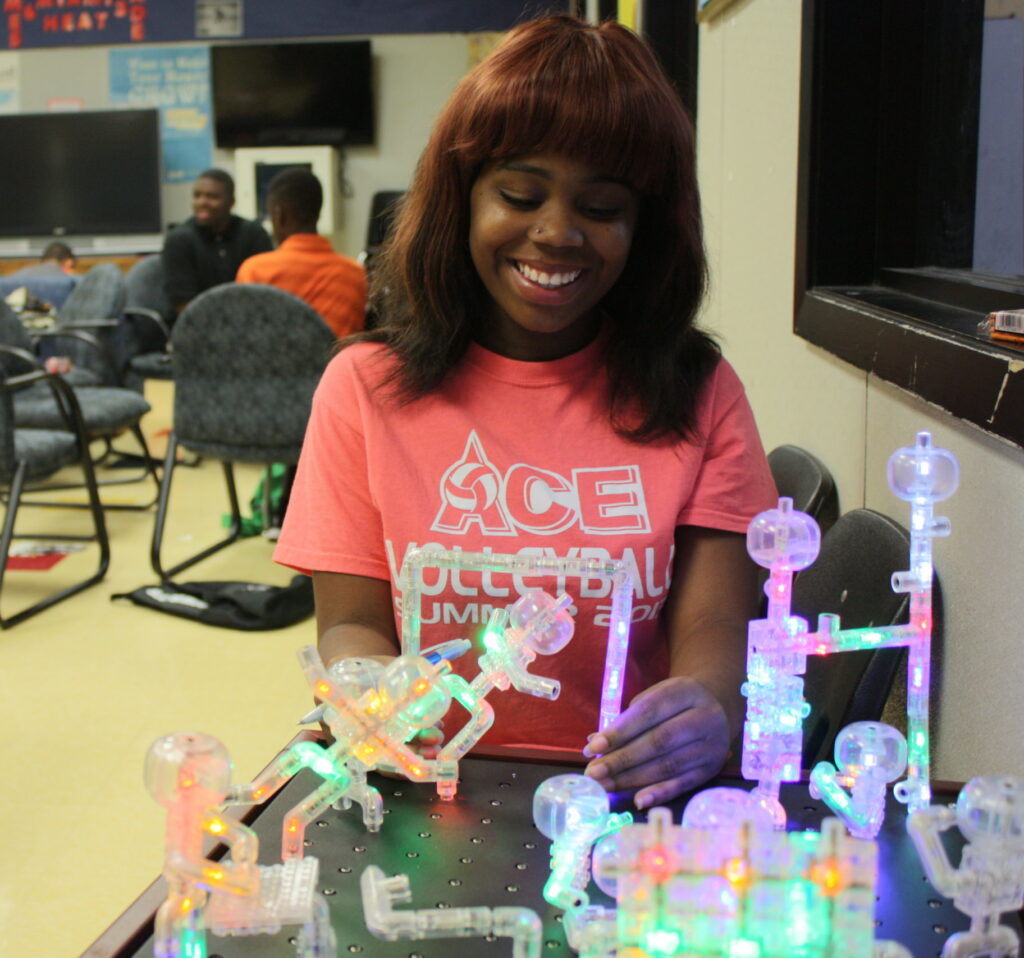
Boys & Girls Clubs of America
Ensuring High-Quality STEM Experiences
The Boys & Girls Clubs of America received funds from the ESA Foundation to develop a STEM Training Track for club professionals to help ensure high-quality STEM program experiences in clubs across the country. The program encourages kids and young adults to apply STEM concepts to real-life experiences to improve their local communities. The Foundation kicked off its support with a grant that helped fund the research and piloting of the STEM initiative and continues to support the organization’s programming.
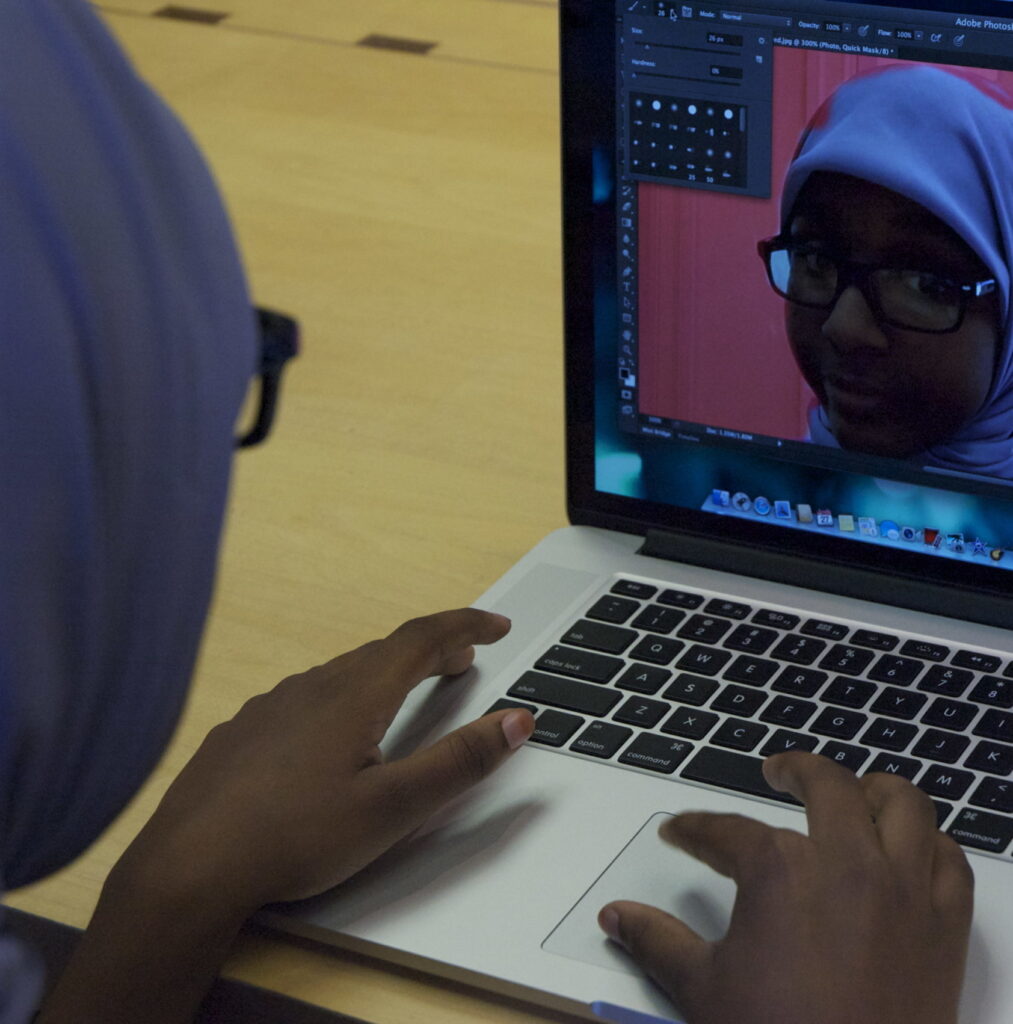
Girl Scouts of Greater Los Angeles
Video Games as Leadership Tools
Girl Scouts of America empowers a diverse range of girls to be effective, self-assured leaders. In partnership with Women in Games International and E-Line Media, Girl Scouts of Greater Los Angeles (GSGLA) developed a video game patch program to interest scouts in game-design-related topics and STEM fields. An ESA Foundation grant enabled the partners to conduct hands-on game design workshops for 1,000 girls, with the goal of reaching an additional 60,000 girls, parents and youth mentors through its outreach program to build awareness for future workshops.
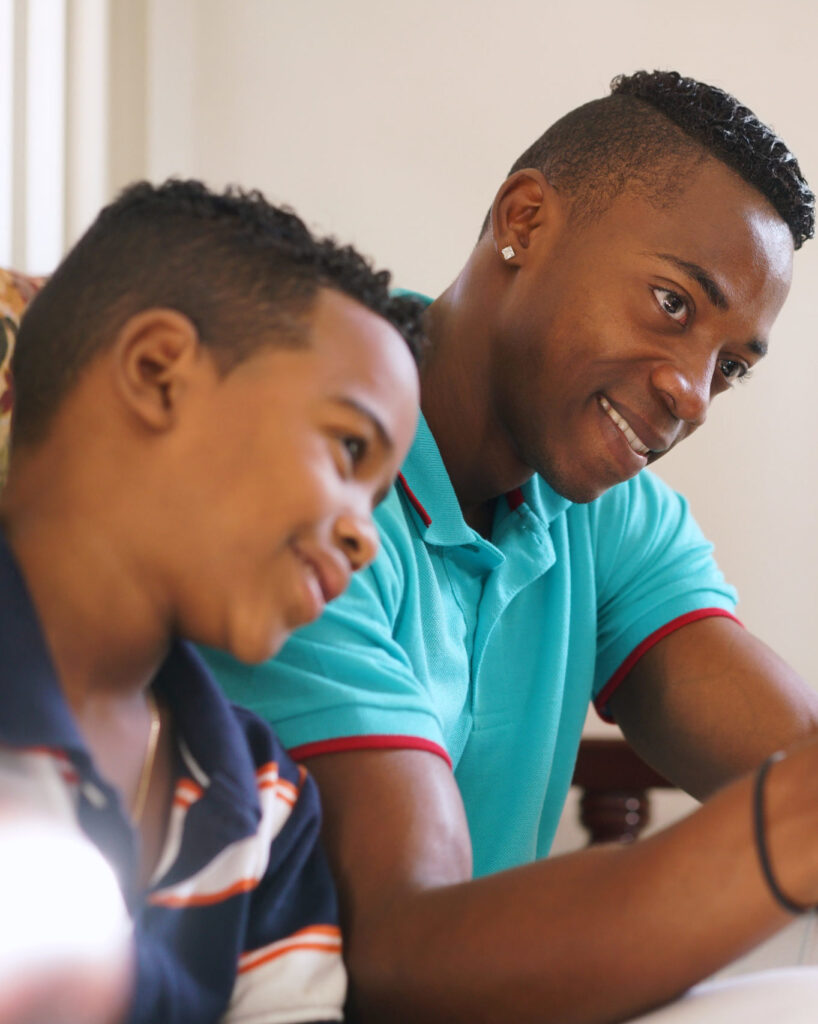
Power My Learning
Home is Where the Learning Center Is
Power My Learning (formerly known as Computers for Youth) is a national nonprofit that helps low-income children succeed in school by improving their at-home learning environments. Its programs enhance kids’ educational resources, improve parent-child interaction around learning and help teachers connect classroom learning with the home. An ESA Foundation grant supported the California expansion of the nonprofit’s Take IT Home program, which provides participating 6th grade families with a free computer designed as a home learning center. It also provides educational software titles, internet access at reduced cost, bilingual web content, learning workshops and technical support from Power My Learning’s bilingual help desk.
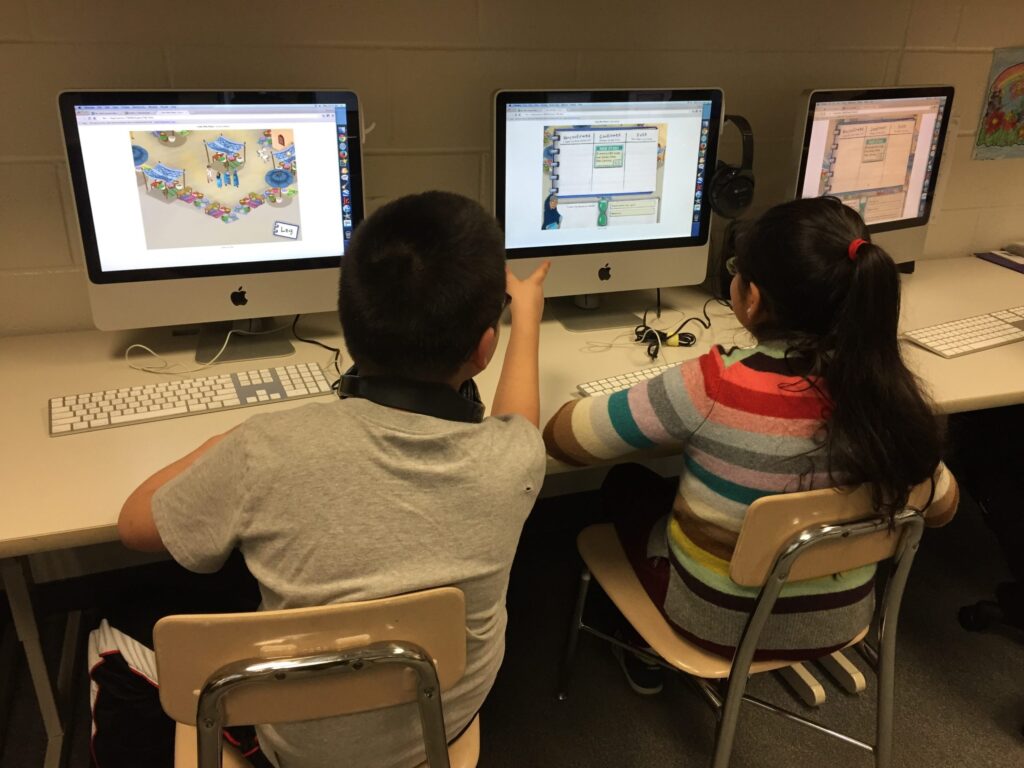
Pulitzer Center on Crisis Reporting
The Importance of Responsible Journalism
The Pulitzer Center addresses issues affecting journalism by supporting reporters’ work and raising awareness about the elements of good journalism. The ESA Foundation supported the Center’s collaboration with Decode Global to create educational games that increase media literacy among low-income high school students. Specifically, they designed Timbuktu: Mali’s Ancient Manuscripts, an immersive, role-playing game that allows students to step into an international journalist’s shoes. The goal of the game is to help foster creativity, improve critical thinking and enhance storytelling skills.

Students Against Violence Everywhere
Nipping Violence in the Bud
Students Against Violence Everywhere (SAVE) strives to decrease the potential for violence in schools and communities by promoting meaningful student involvement, education and service opportunities. It has 1,800 chapters in 47 states in K-12 schools, colleges and youth-serving organizations. Through ESA Foundation funding, SAVE administered 40 grants to community chapters to implement violence prevention strategies so that students can attend secure schools conducive to learning. SAVE has received several Inspiration in Prevention Awards from Youth Crime Watch of America and the National Crime Prevention Council.

PBS Boston Affiliate WGBH
The Greener, the Better
ESA Foundation awarded Boston’s PBS television station, WGBH, with a grant to help develop online animations and games that teach tweens how to live sustainable lifestyles through a website called THE GREENS. The games and animations guide students in a critical exploration of green choices, prompt real-world action and underscore messaging and information provided by Earthwatch, the Institute for Sustainable Energy and the North American Association for Environmental Education.
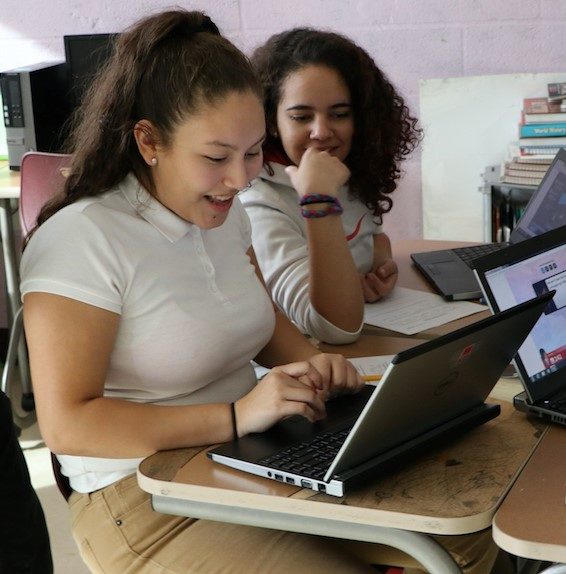
Association on American Indian Affairs
Strengthening Tribal Communities
The Association on American Indian Affairs (AAIA) promotes the welfare of American Indians and Alaska Natives by supporting efforts to, among other things, sustain and perpetuate their cultures and languages and improve their health, education and economic and community development. The ESA Foundation awarded AAIA a grant to create interactive, web-based learning materials for Native American children to use in learning their native languages. The software strengthens tribal communities and enhances the overall well-being and academic achievements of American Indian students through preservation of cultural wisdom.
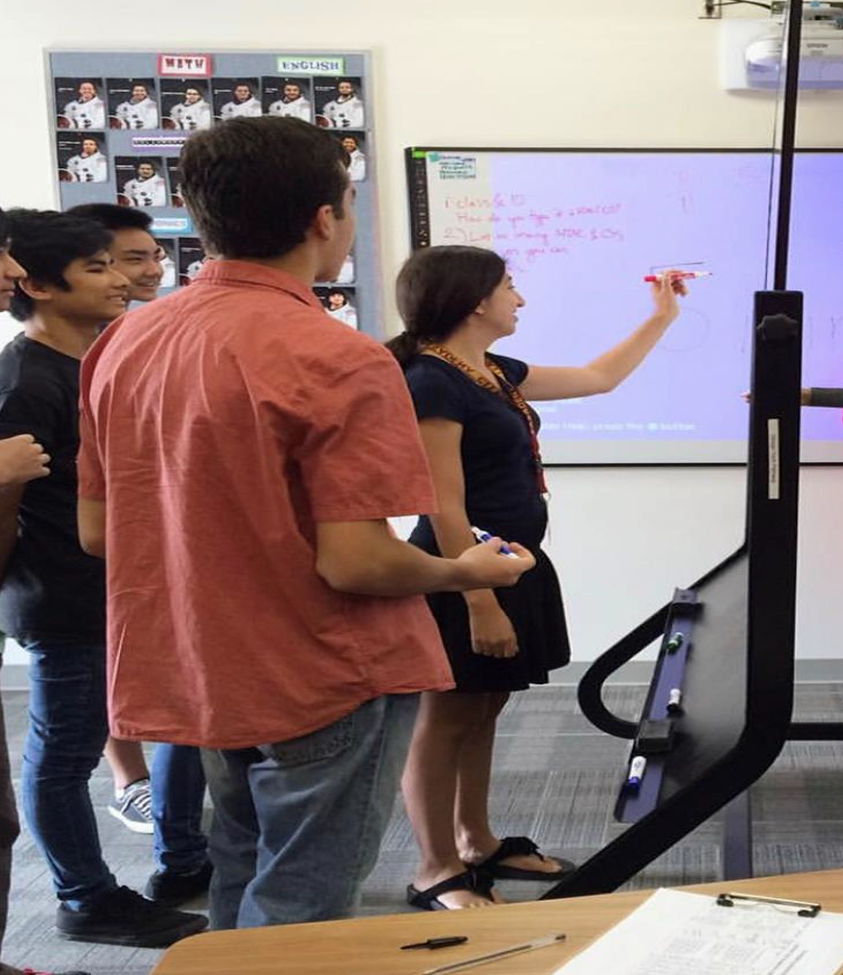
Hispanic Heritage Foundation
A Fast Track to Success
The White House-created Hispanic Heritage Foundation (HHF) commemorates the establishment of Hispanic Heritage Month. Its mission is to identify and position Latinx leaders in the classroom, community and workforce to meet America’s priorities with a focus on innovation. HHF also promotes Latinx cultural pride, accomplishment and role models. An ESA Foundation grant supported HHF’s Leaders on the Fast Track (LOFT) Video Game Innovation Fellowship. The program furthered HHF’s commitment to advancing Latinxs, African Americans and females in STEM careers by awarding 20 youths, ages 16-24, with grants to create video games that solve critical problems in their communities.

One Global Economy Corporation
Connecting the Education and Career Dots
One Global Economy Corporation is a nonprofit providing low-income people with powerful tech tools and information to build better lives. ESA Foundation grants helped One Global Economy expand its Digital Connectors program, which engages low-income teens and young adults in leadership development, digital education, life-skills management and community service. The students take field trips to high-tech companies, hear from emerging business leaders and connect with each other through the Connectors Club website, with the goal of improving their technical competencies and grasping lifelong principles that inspire educational advancement and workforce preparation.
Wellness
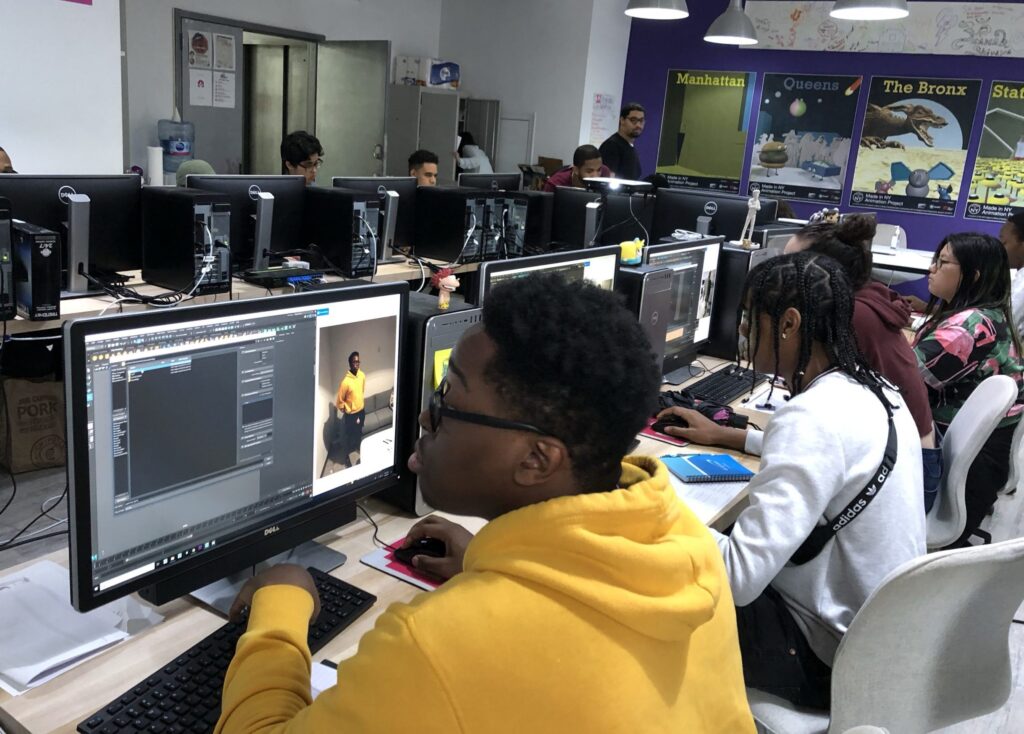
The Animation Project
Animation as Therapy
The Animation Project (TAP) is a therapeutic workforce-development program which unlocks the creative potential of young people with drive and animation talent. It helps adolescents in New York City and New Jersey prepare for careers in the animation industry through software training and professional development exercises. An ESA Foundation grant supported expansion of TAP’s 3D Computer Animation therapy for at-risk adolescents. Working in support groups, the youngsters created video game scenarios that were used over the course of the program as therapy vehicles.
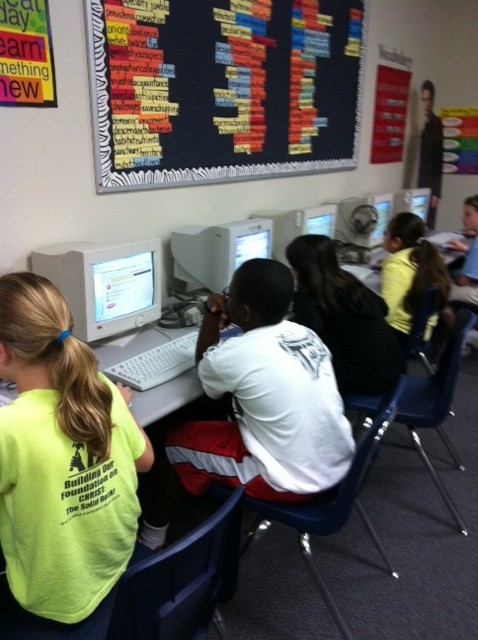
The Cooper Institute
Leveling Up, Nutritionwise
The Cooper Institute (CI) is a research and education organization dedicated globally to preventive medicine. In 2010, the Texas Department of Agriculture awarded CI with a grant to develop NutriGram, a data-driven and interactive, web-based educational application for schools, teachers and parents to promote healthy eating habits for students in grades 3-5. The website hosted the first 3D nutrition game called The Quest to Lava Mountain, specifically designed for use in classrooms or at home, empowering students to eat well and move more while having fun. The ESA Foundation awarded CI a grant to develop enhancements and additional interactive web-based games for the NutriGram program.
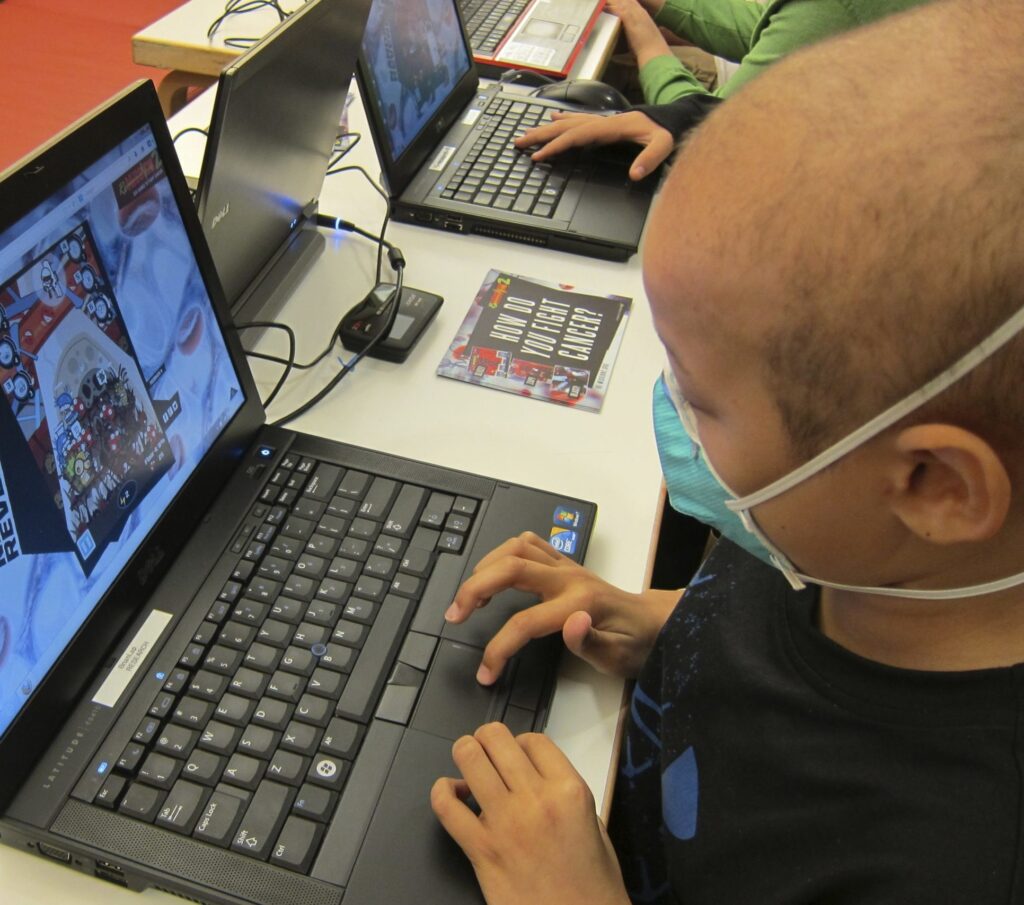
HopeLab
Fighting Cancer
HopeLab leverages the appeal of technology to motivate measurable positive health behaviors in young people. The ESA Foundation supported HopeLab’s creation and release of Re-Mission and Re-Mission 2, online and mobile games that promote successful, long-term treatment outcomes for adolescents and young adults with cancer. The Foundation also helped increase awareness of Re-Mission 2 and commemorate the 10-year anniversary of the original Re-Mission game.
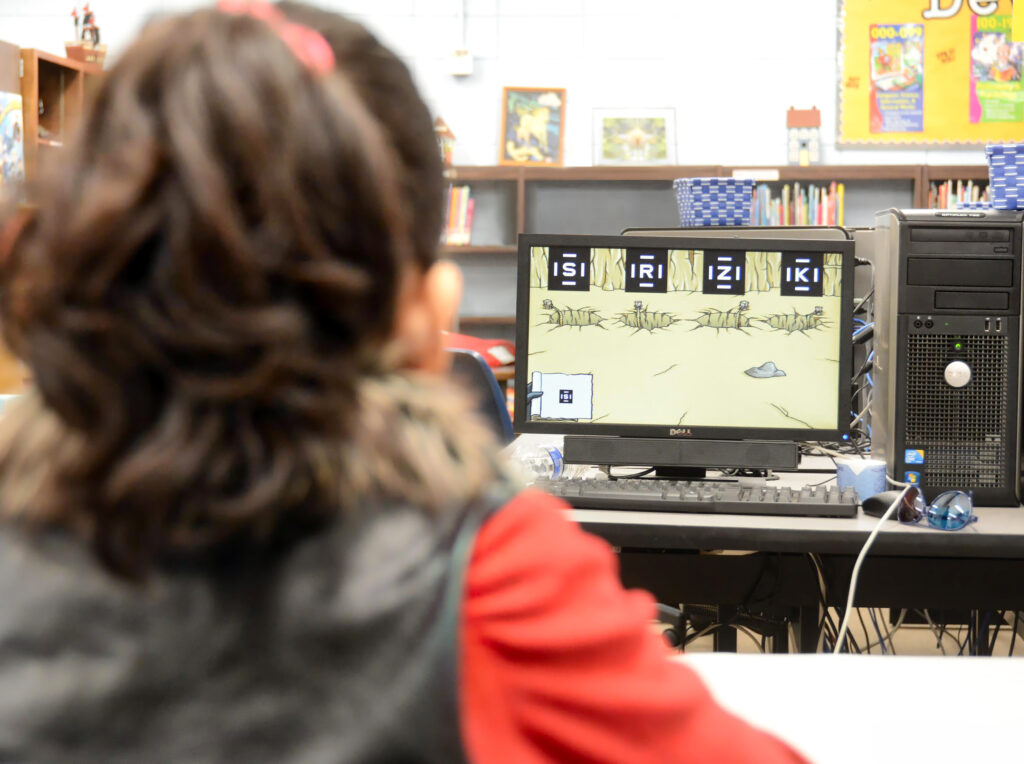
Vision Quest 20/20
Seeing ClearlyVision
Quest 20/20’s mission is to protect children and families from the devastating academic, psychological and economic consequences of undetected vision disorders and preventable blindness. ESA Foundation funding enabled the nonprofit to use the entertaining and medically validated EyeSpy 20/20 video game technology to provide 25,000 vision screenings at schools in Hawaii and Arizona. The project also kicked off an implementation plan to achieve statewide use of EyeSpy 20/20 in Hawaii within five years.


